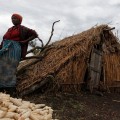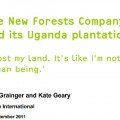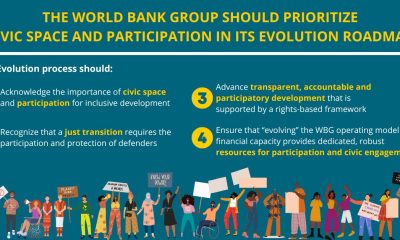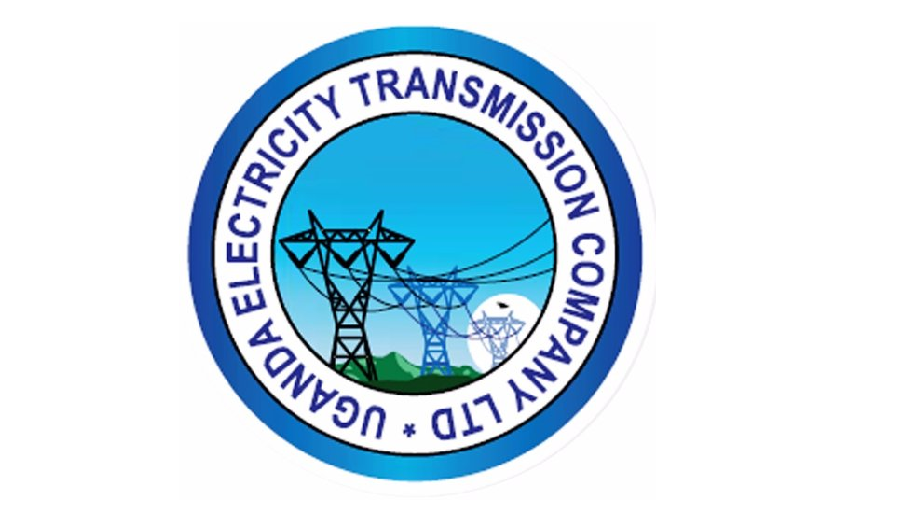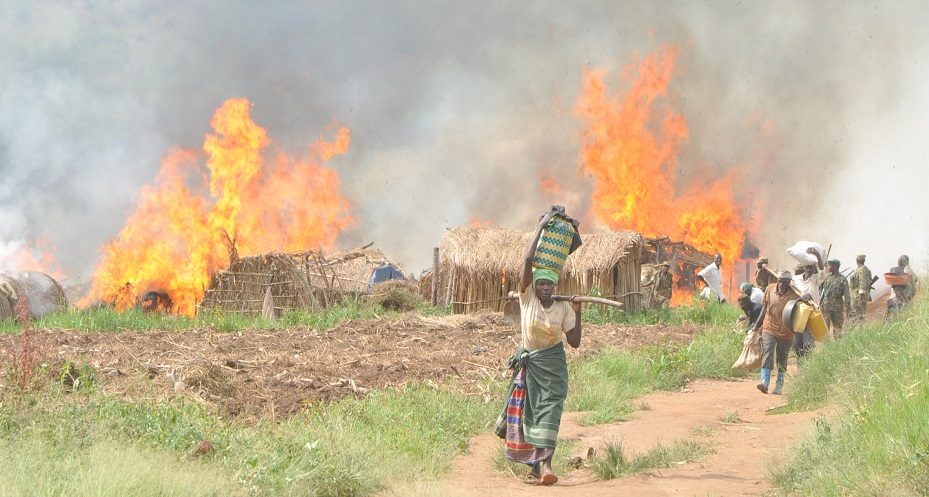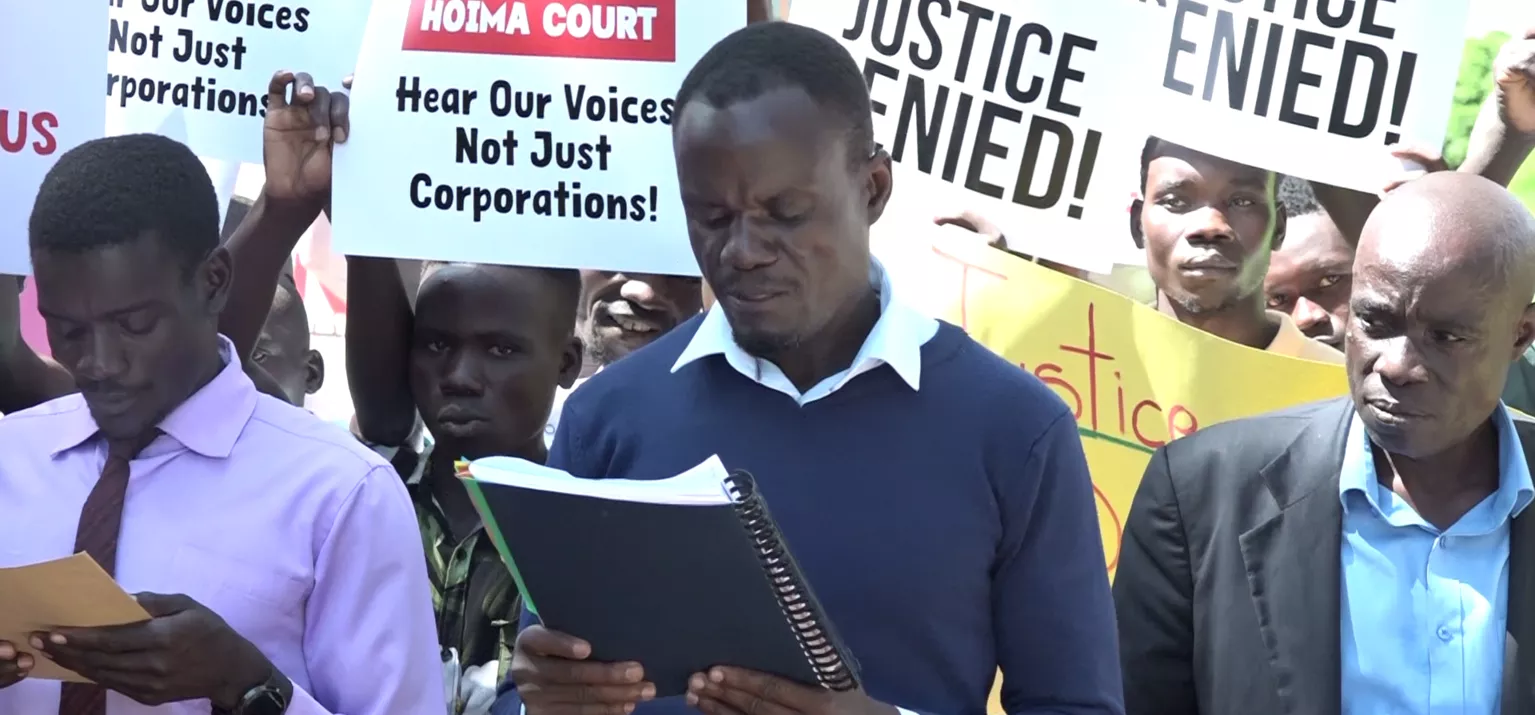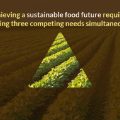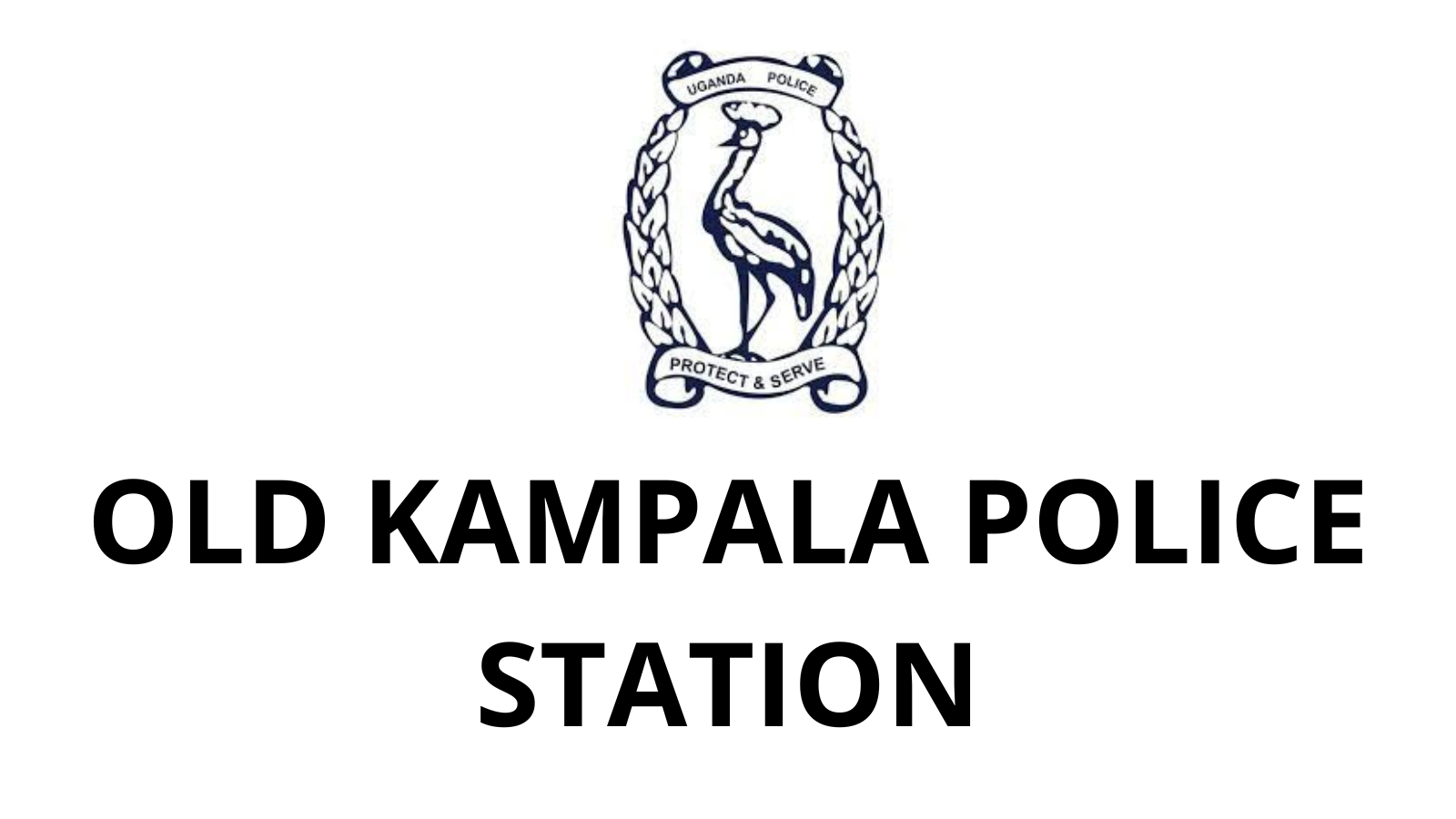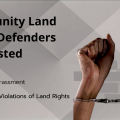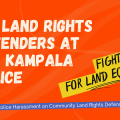It is no secret: in Uganda it is badly about human rights. With the construction of the East African Crude Oil Pipeline, repression against lawyers, but activists and journalists is taking on new proportions. They are staged as enemies of the state. The human rights organisation Witness Radio reports from Uganda.
The morning of the 15th April 2024 in the court of the Ugandan city of Hoima did not go as usual: court officials, police officers and passers-by watched helplessly as a crowd led by the activist Fred Mwesigwa read a petition in the Hoima High Court: “We are deeply concerned about the recent court ruling that orders the expulsion of 42 families in the Buliisa district to make room for the Tilga project.” They protested against a court order of December 2023, which gave the government the green light to the community to expel the community for the oil production project. The community had previously refused to accept the government-intended compensation payments for their country, on which they live and from which they live.
The Buliisa case is just the tip of the iceberg of the many communities affected by oil production projects. In Uganda and Tanzania, the rural population in particular has to give way to a 30-metre-wide pipeline corridor, oil production fields, tank farms, infrastructure and safety zones around the East African Crude Oil Pipeline (EACOP). According to a study published in 2022 by the organisation Les Amis de la Terre, up to 118,000 people could be affected by resettlement along the pipeline route, including mainly farming communities.
Low discompensation
In a conversation with Witness Radio, those affected reported that they were no longer in a position to meet their basic needs due to insufficient compensation and inadequate resettlement plans. James 1, who was taken to the Kyakaboga resettlement camp, declared that the inhabitants had been provided with infertile land that was unsuitable for the cultivation of crops. In addition, the camps are overcrowded, which means that the residents are exposed to illness. He stressed that access to health services is particularly challenging. Pregnant women in particular are facing difficulties, as the nearest health centre is eight kilometres away. Tragically, James said, three pregnant womans would have lost their babies on their way to there.
As in the case of the 42 households from Buliisa, who refused compensation from the government, many of the EACOP projects say those affected that the government did not adequately assess their land and property. Nevertheless, they were forced to release their land for the project. They criticised the fact that they were not sufficiently sensitised to the negative effects of the project. Instead, the government and the majority shareholders Totalenergies promised large compensation, prosperity growth and employment opportunities that have not yet occurred.
A study by Inclusive Development International also concludes that, in accordance with international standards, the government and TotalEnergies have systematically failed to involve the people affected by the project and civil society in the planning and providing them with low-threshold information. The study also states that when testing the environmental impact of Tilenga, Kingfisher and EACOP, it was found that the project promoters do not use the “best available techniques” to prevent the impact on the impact of ecosystems. The decision to use low-cost technologies for oil drilling and water-leading areas is therefore a predictable risk to the health and safety of local residents.
Opposition underesired
When the first land survey for the Tilenga project took place in 2020, many families expected to benefit from the project. Later, however, TotalEnergies aimed to acquire their country free of charge. In consultation with some real estate agents, local authorities, police and army, the company distributed almost 20,000 people in Kapapi (Hoima) in February 2023. In the course of this, women were also raped. Before the forced expulsion, the local police, in cooperation with the real estate brokers, had arrested those who criticised the land grab in order to intimidate the other members of the community.
Activists are presented as ‘anti-development’
The seven defenders of the plaintive families, Karongo Edward, Mulega Eria, Kataza Samuel, Rangira Stephen, Rubyogo Edward and Mbombo Stephen, were charged with a host of alleged crimes. In June 2023, after three to five months in prison, they were released on bail. However, as part of their bail pads, they must report regularly to the court in Hoima.
The criminalisation of land and environmentalists has become a common tactic by the Ugandan authorities in order to silence opposition and maintain impunity. This tactic does not only exist in Uganda, it is a global problem – especially in the context of large infrastructure projects.
According to the data from Witness Radio, in seven out of ten cases of evictions, defenders are subjected to targeted violence, torture and arbitrary arrests. They are often falsely charged with a large number of crimes ranging from domestic peace and attempted murder. At the end of June 2023, Witness Radio reported that more and more environmental and land-legal defenders who uncover questionable business are targeting state controls. From 2010 to 2023, more than 1,500 people. In connection with the pipeline, Witness Radio has documented 75 cases of arbitrary arrests, detentions and forced disappearances since the first construction work.
Opposition to the EACOP has become a mortal danger. Activists and human rights activists are confronted with hate speech, arrests, torture and death threats and are portrayed as ‘honsensible to development’ – on the grounds that they would promote the interests of Western countries.
The Resistance goes on
Ugandan activist Bob Barigye reports that the state security forces are using “false accusations” to arrest activists. “We are considered enemies of the state,” says Barigye. “The police are now preferting psychological torture because physical torture would create poor publicity for the oil pipeline project, which could deter investors and insurers. The government does not want to be in the international spotlight for the wrong reasons.”
Not only the project opponents, but also journalists in Uganda find it difficult to report on the EACOP projects: Gerald Tenywa is a Ugandan science journalist who has been reporting intensively on environmental protests for decades. In an interview with Drilled Media, he describes the difficulties in reporting on EACOP activists who criticise the construction of the pipeline. He cites the government’s intolerance to protests as a hurdle for journalistic work and stresses that in developing countries “oil and politics have almost always merged”.
“Oil and politics are almost always fused”
Emmanuel Okello works for the Uganda Radio Network in the Ugandan Albertine region. According to him, reporting is also made more difficult by the fact that the government and the companies involved keep the most important information about the oil projects under wraps. “A lot is claimed to promote these projects, including the development of the communities,” says Okello, “but this is not the case on the ground. People do not benefit from the projects, they only destroy their livelihoods. If you ask the government who exactly the beneficiaries they are talking about, there is no clear answer.”
It remains a difficult task to bring the voices of the affected communities into the public and to cope with the associated repression. It is also connected with obstacles to achieving justice through legal route. Thus, the court in Hoima rejected the application for the cessation of the evictions of the 42 families in Buliisa mentioned above.
The presentation of the plight of these communities, the protection of the environment and support for court cases are crucial, especially at a time when the space for civil society and media freedom in Uganda is becoming ever smaller. This requires cooperation with international groups and support for civil societies and media.
Source: www.iz3w.org
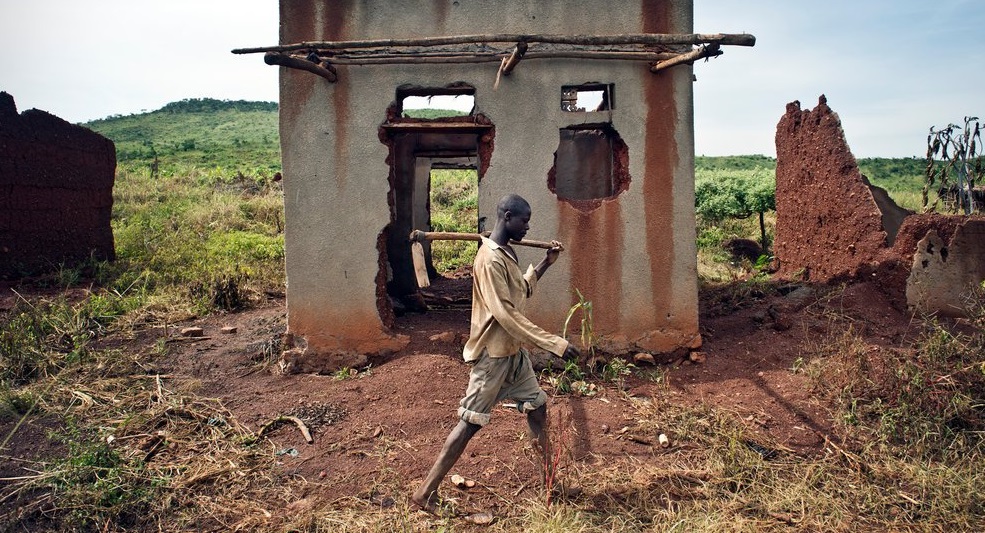

 MEDIA FOR CHANGE NETWORK2 weeks ago
MEDIA FOR CHANGE NETWORK2 weeks ago
 MEDIA FOR CHANGE NETWORK2 weeks ago
MEDIA FOR CHANGE NETWORK2 weeks ago
 WITNESS RADIO MILESTONES2 weeks ago
WITNESS RADIO MILESTONES2 weeks ago
 MEDIA FOR CHANGE NETWORK2 weeks ago
MEDIA FOR CHANGE NETWORK2 weeks ago
 NGO WORK2 days ago
NGO WORK2 days ago

